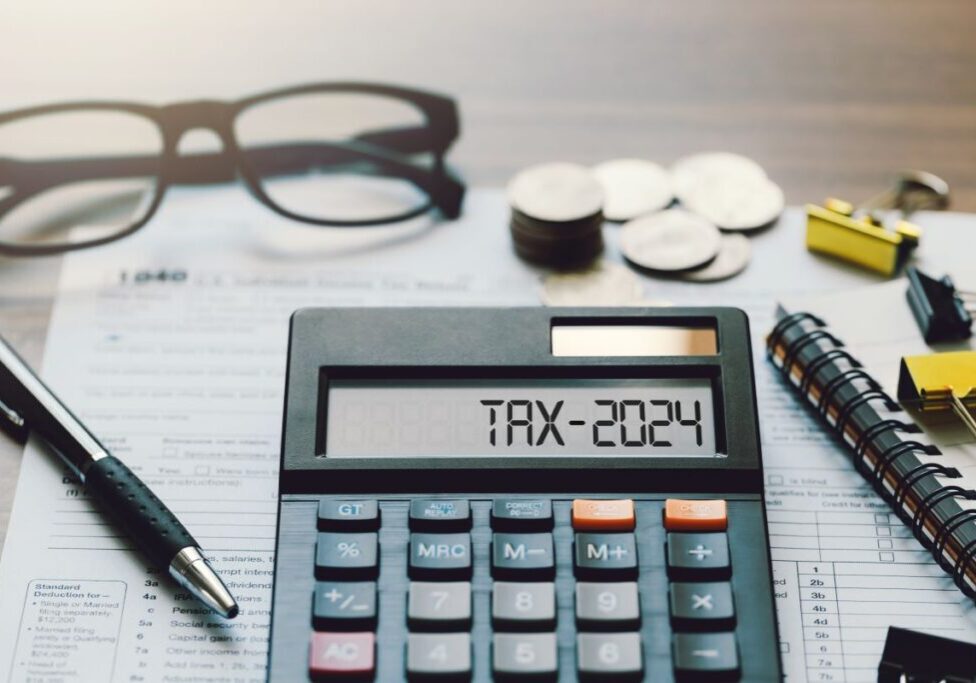What is the retirement tax timebomb?
For decades, savvy investors save diligently for retirement through pre-tax contributions. An often-overlooked aspect of retirement is that as your retirement account has grown, so has your tax liability. When it comes time to use those retirement funds, the income tax you’ve put off through contributions and tax-deferred earnings will eventually come due. This is called the retirement tax timebomb.
Here is an example. In retirement, you relocate to improve your lifestyle. In addition to financing, you need $200,000 to cover moving expenses, legal and administrative costs, new furnishings, etc. To cover the expenses you withdraw $200,000 from your IRAs. On top of the $200,000, you also need money from the IRAs to pay the income taxes on the withdrawal itself. The additional taxable income pushes you from the 22% federal bracket into the 32% bracket. The subsequent year, your Medicare premiums increase because of the income related surcharges. In total, the $200,000 one-time expense might come closer to $275,000 when considering federal taxes and surcharges – not even accounting for any state income tax that might apply. Tick, tick, tick…
Can the retirement tax timebomb be avoided?
When funding large one-time expenses, often some tax or other opportunity cost is a factor. This can be especially true when decisions are made on short notice or under duress. Working with a financial advisor does not entirely insulate you from the unexpected; however, you can make plans with your advisor to try to keep the tax timebomb from being as detrimental as it is in the example above.
What are the paths to better outcomes?
In our experience, we’ve seen how effective pre-retirement planning can increase flexibility to respond to needs later in life. We often say we like you to have “different tools in your toolkit” to use and that mantra is applicable in reducing the tax timebomb. Here are some strategies:
Build Up Brokerage Accounts in Addition to 401(k)s and IRAs
Brokerage accounts should not be ignored for accumulating wealth for retirement. High income earners may need to save above and beyond annual 401(k) and IRA contribution limits to secure a strong future. In retirement, withdrawals from 401(k)s and IRAs are generally taxable as ordinary income at your marginal tax rate. On the other hand, withdrawals from brokerage accounts may include some non-taxable return of capital and any taxable realized gains can be at preferential rates. In addition, brokerage accounts are not subject to required minimum distributions (RMDs). You may benefit from a choice of withdrawal sources when it comes to managing taxes in the future, rather than being forced to pull money from IRAs at your highest tax rate.
Establish Roth Balances
Having some Roth accounts can also diversify tax outcomes down the road, as they are not subject to RMDs, and withdrawals are generally income tax free. High income can prevent you from contributing directly to a Roth IRA, but there are several alternative means, including Roth 401(k) contributions, backdoor Roths, mega backdoor Roths, and IRA to Roth conversions. We wrote about reasons to consider a Roth conversion here.
Maintain a Home Equity Line of Credit (HELOC)
Even if you don’t envision an immediate need, opening and maintaining a HELOC can provide access to capital quickly when the unexpected need arises. For a short-term need, the interest expense on the amount borrowed may be less than the tax paid on a similar amount withdrawn from a portfolio. This could be invaluable to bridge an income and expense timing gap. Read more on HELOC usage here.
Prepare Now to Imagine Your “What Ifs?”
You don’t have to try to calculate the tax impact of different retirement scenarios. Our planning software can help analyze various scenarios and give us a roadmap to implement ideas, like those above, into your plan. By collaborating with your wealth management team, you can employ strategies to mitigate the impact of taxes on future one-time expenses. This proactive approach can offer a smoother journey once in retirement, allowing you greater peace of mind.



